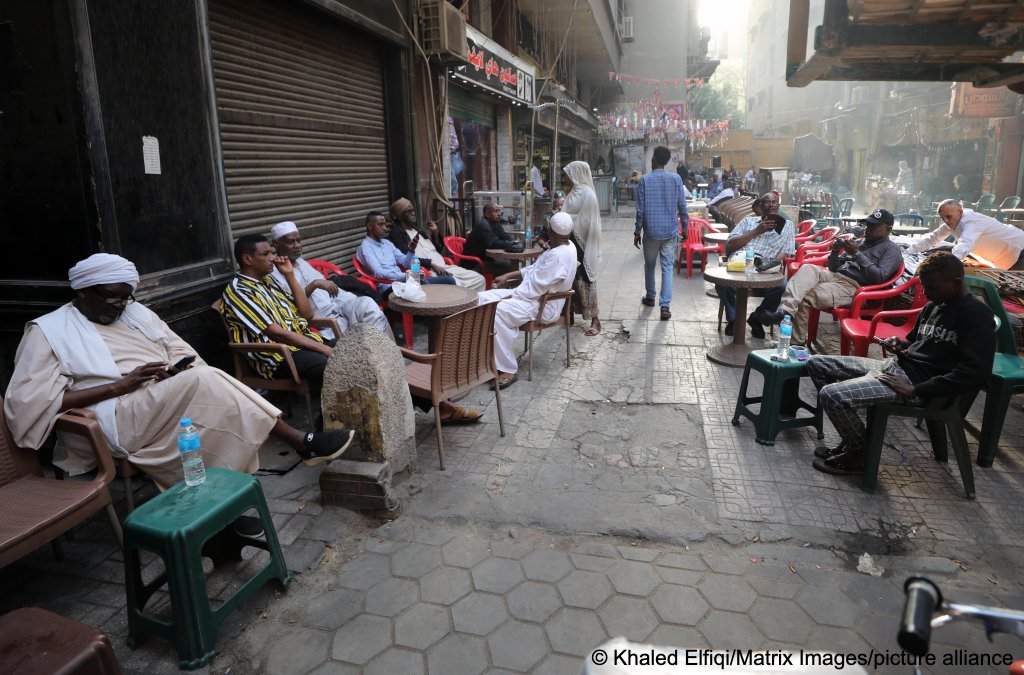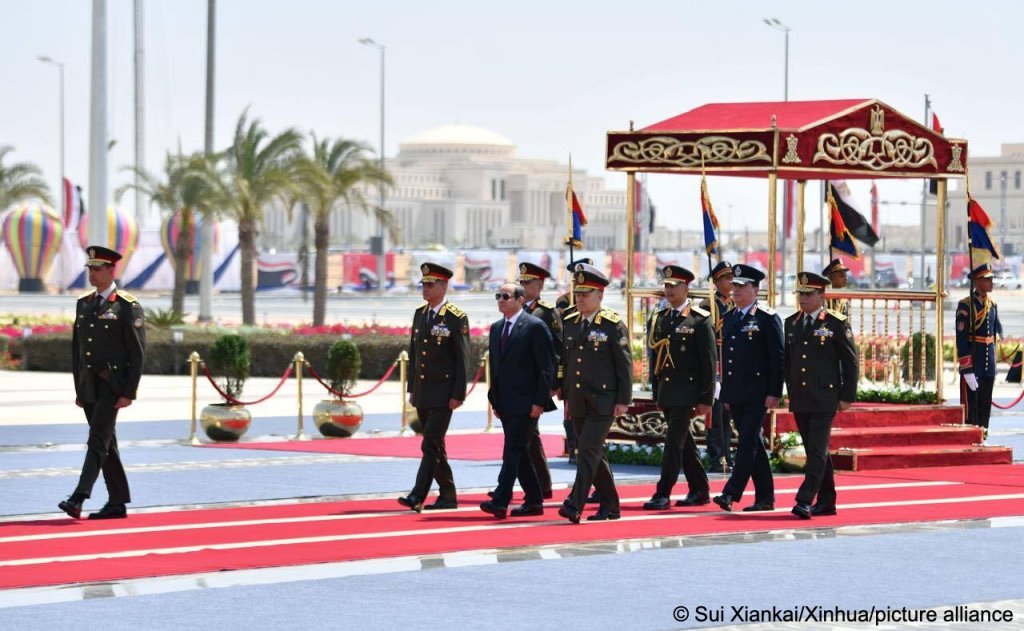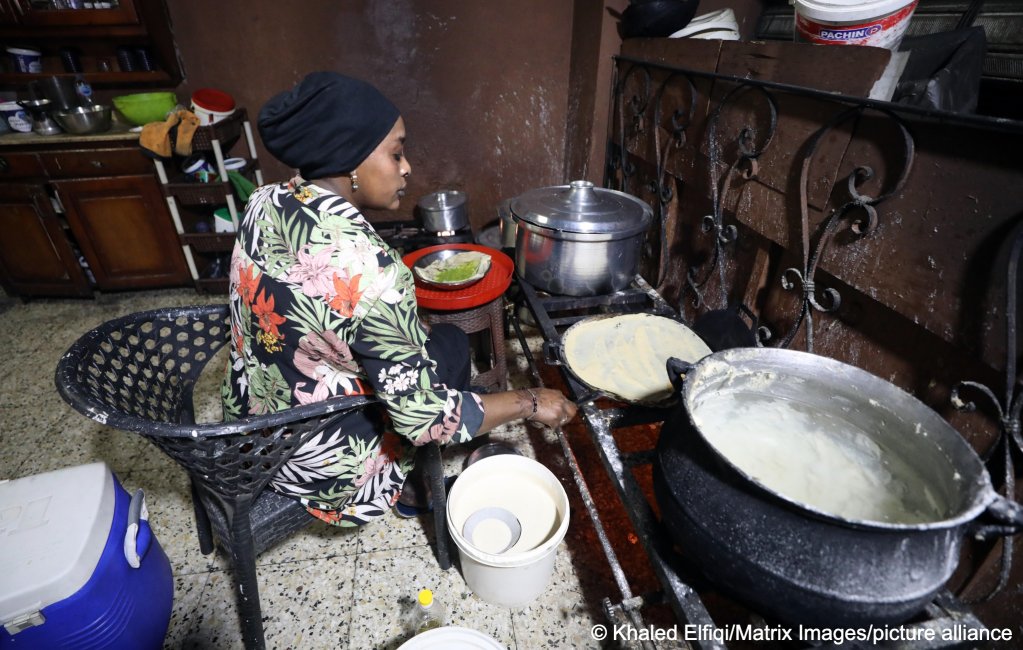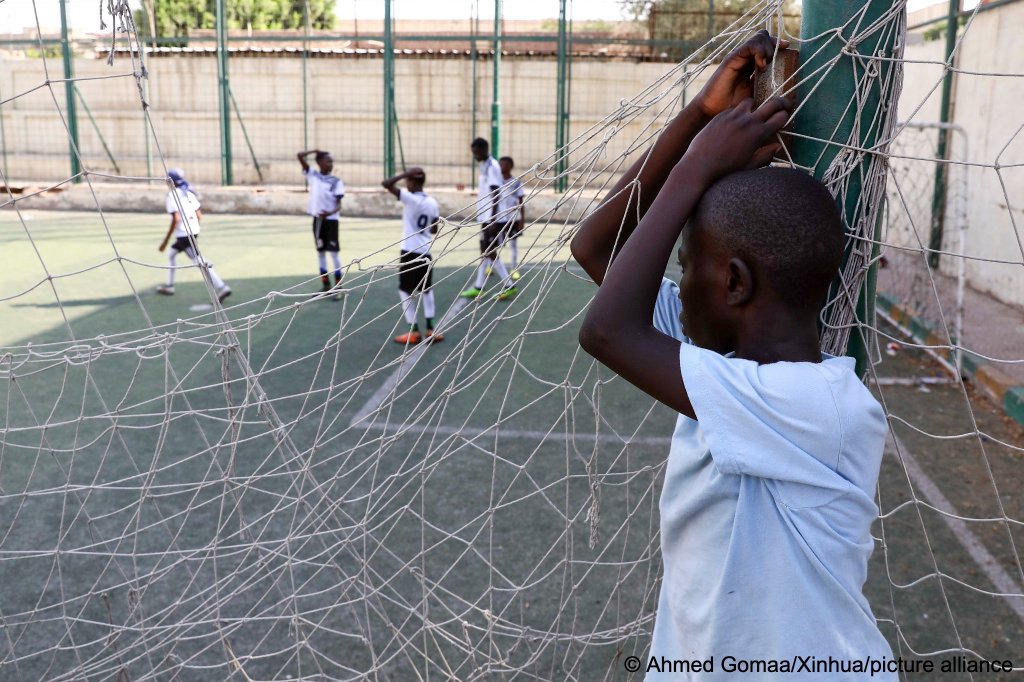The Egyptian parliament approved a controversial new asylum law on Tuesday. Rights groups worry that the new legislation poses risks to the rights of refugees.
The Egyptian parliament on Tuesday (November 19) approved a new bill to regulate asylum in the country. The government said the law aims to establish a comprehensive legal framework for refugees, reported the German press agency dpa.
Up until now, the decision over who obtains refugee status in the country has been carried out by the UN Refugee Agency UNHCR. Now, the government wants to take over that decision-making, using the new law to establish a committee led by the prime minister.
According to figures released by UNHCR, Egypt currently hosts more than 800,000 registered refugees from 59 different countries. Most come originally from Sudan and Syria.
Speaking on local television, one parliamentarian said the government believes there may be as many as nine million displaced people in Egypt, many of whom have not yet been granted an official status. The new committee intends to gather accurate data when it starts work.
Read AlsoEPP leader meets Egyptian president to discuss migration

New committee to start work next year
The committee will reportedly be in charge of approving or rejecting asylum applications over the next year. They will continue to work alongside UNHCR to provide support and services for individuals.
Before it can become law, the approved proposal awaits ratification by President Abdel-Fattah al-Sissi.
The new law has been strongly criticized by a group of 22 NGOs who argue the law poses "grave risks" to refugees and asylum seekers. The group said the legislative process had been "swift and almost secretive." They added the government had ignored the views of civil society groups who work with refugees and asylum seekers.
The human rights organization Amnesty, for instance, accused Egypt earlier this year of forcibly deporting Sudanese refugees.
The NGOs also expressed concern over how impartial the committee might be. They asked questions about the "modalities that will ultimately govern the committee’s work criteria," and how that might fit with international conventions on human rights and refugee conventions.

Refugees in Egypt
In a statement posted in October 2024, UNHCR said that refugees were able to live alongside host communities in Egypt, which they regarded as a "clear demonstration of Egypt’s commitment to the Global Compact on Refugees principle to pursue alternatives to camps."
Egypt is a signatory to the 1951 Refugee Convention. A Memorandum of Understanding signed between the government of Egypt and UNHCR in 1954 continues to form the basis of the bilateral cooperation between the two parties.
UNHCR acknowledges that "new challenges" have opened up for Egypt since the outbreak of the most recent round of violence in Sudan, which began in mid-April 2023. However, UNHCR says that attitudes towards refugees in Egypt "remain generally tolerant."

According to UNHCR’s latest figures from November 14, 1.2 million Sudanese nationals have fled their country for Egypt since April 2023. Around 76 percent of these are women and children. The numbers of Sudanese arriving in Egypt have continued to rise month on month since April 2023 with significant and growing numbers throughout 2024.
The UN agency notes that this year, Egypt has faced a "deepening economic crisis," which has "increased refugee hardship and aggravated protection risks."
Read Also'Sudan is trapped in a nightmare' – extreme violence drives record refugee exodus, UN says
'Deepening economic crisis'
The costs of basic goods, including everyday essentials, "has soared, hitting the most vulnerable the hardest and leaving many to rely primarily on humanitarian assistance to cover their basic needs," states UNHCR.
Reports of physical assaults, robberies, gender-based violence and detention among others have been reported by refugees and asylum seekers to UNHCR.

UNHCR says their current strategy plan, from 2023 to 2027 includes continuing to build an environment for "more comprehensive engagement with the government of Egypt, in close coordination and cooperation with other UN agencies and relevant stakeholders, including development actors."
The agency hopes this will obtain a "more favorable protection environment, ensuring access to and realization of basic rights in safe environments, empowering communities, achieving gender equality, as well as seeking durable solutions."
With dpa
